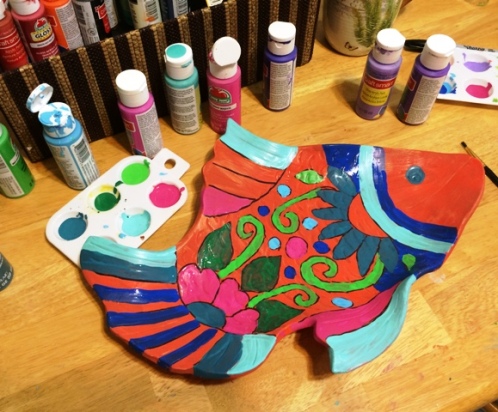As soon as I thought of the title of this post I was reminded of a story from when I was teaching 7th and 8th grade English learners. Besides being a Spanish teacher, I also taught English as a second language.
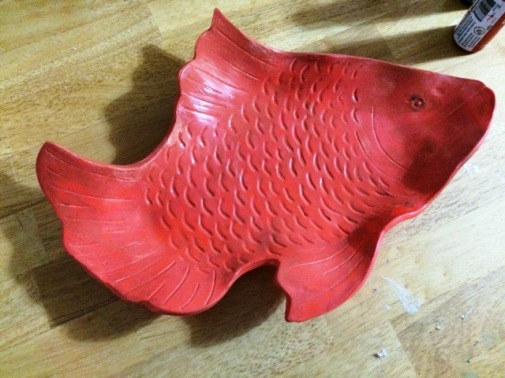
It was decided that I was the logical choice to teach the beginners, since I knew Spanish. My students came from a variety of language and cultural backgrounds, and I loved teaching them. For a “language person” I can’t think of many other jobs that would be as rewarding.
But in the early days, we didn’t have the classes separated by language level. So when this story took place, I had students from India, Pakistan, and Mexico who had just moved to the US with no English background, along with students who had been born and educated in this country. The latter consistently scored fluent in speaking and listening, but were being kept in the EL program primarily by low reading and writing scores.
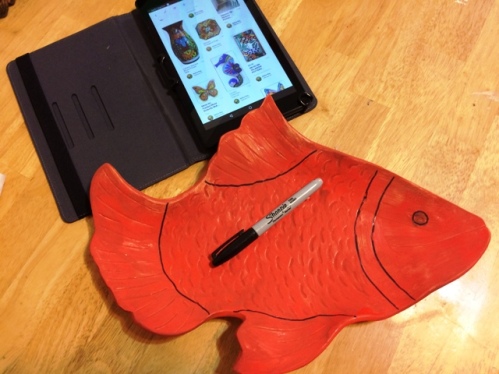
One day we were discussing a picture I had up on the overhead. I was having the students suggest sentences I could write on the board about the picture. It was kind of a nature scene, but all I really remember about it was that it showed a fish in water.
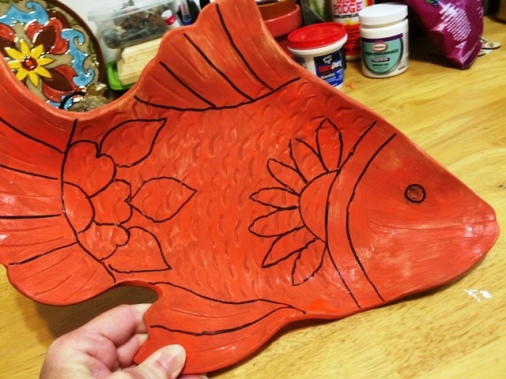
So a little boy, newly arrived from India, raised his hand and said, “Fish in water?” Now if you are or have ever been a teacher of beginning English learners, you know that for me this was major. It’s the little things like someone offering you their first attempts at communication in English that just make your day.
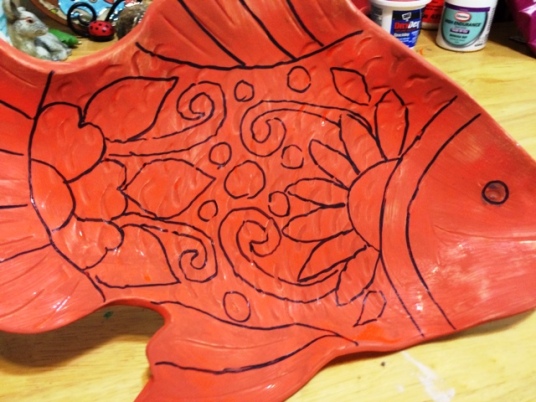
“Yes!” I exclaimed, with all the enthusiasm an answer like that elicits from me. “Very good! Yes! There is a fish in the water!” And I wrote the sentence “The fish is in the water.” The beginners and I fairly beamed with pride.
It was then that a couple of my fluent English speakers began to laugh. “Ha! Fish in water!” they scoffed. “Did you hear that? Fish in water! Ha! Ha!” and they proceeded to make a big scene about the simplicity of the beginner’s sentence. I of course came unglued.
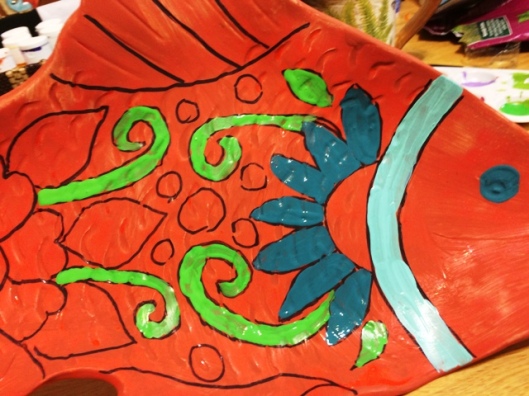
One thing I could not stand for was people making fun of my beginners. You basically didn’t touch my “babies”, and about that I was adamant. After reading the class the riot act, I composed myself and continued with the lesson. But as the days went on, the words “fish” and “water” seemed to become favorites of my fluent speakers. They found a way to insert references to fish and water into every possible discussion, and then they would stifle laughter and look furtively around for reactions.
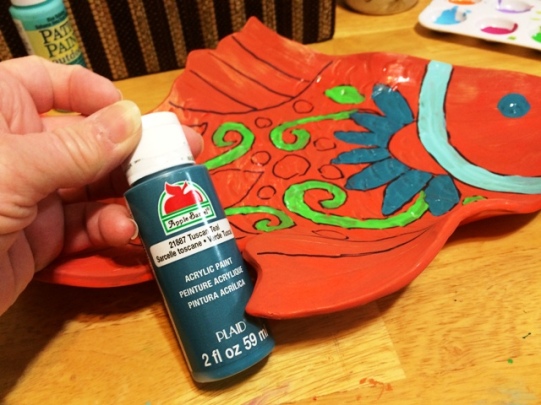
Whether or not the beginners picked up on what was happening, I don’t know. But my reaction was probably worth it, since being able to “push the teacher’s buttons” is the sign of a high degree of success to the 8th grade mind. I finally had to completely ban the words “fish in water” in my classroom until interest in them faded. You’ve heard about all the words that aren’t allowed at school? Well in my class, the worst words you could say for a few days were “fish” and “water”!
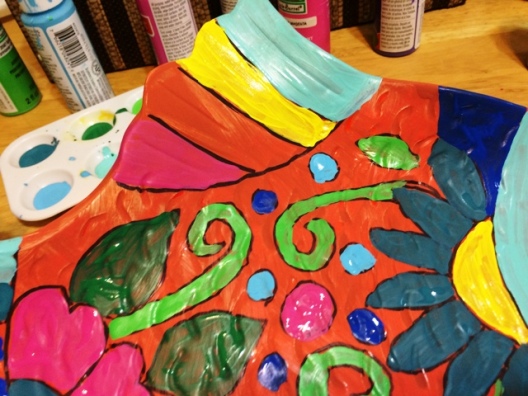
It probably wasn’t the first, and certainly wasn’t the last time I’d have to censor someone’s “free speech” in the interest of education. The kids in this story are well into their twenties now, and I have a seemingly endless supply of stories about them, their predecessors and those who came after them. But somehow the story of “Fish in Water” has lived on as one of my favorites.
